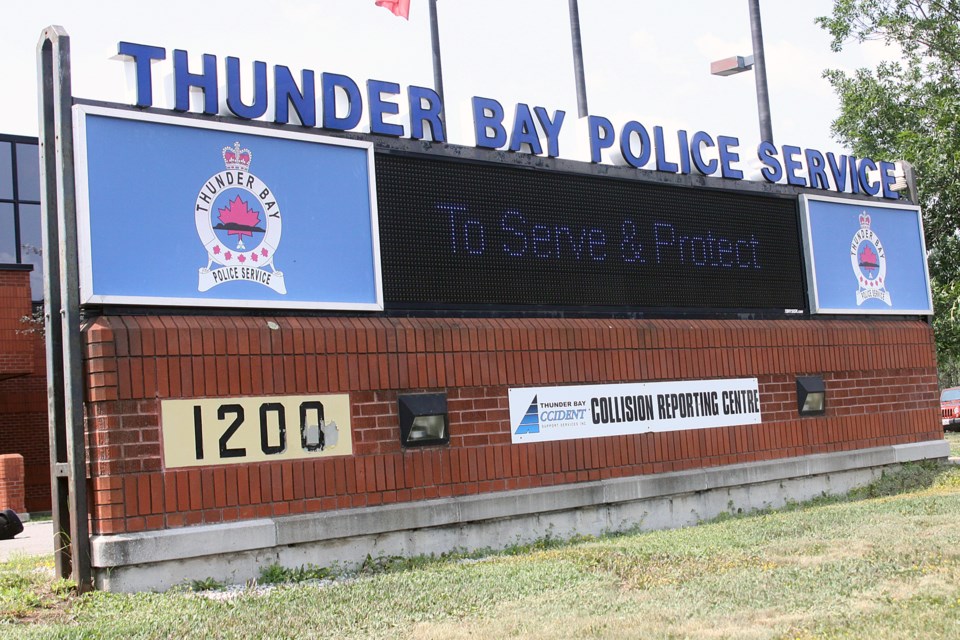OTTAWA — A Supreme Court of Canada judgment means retired judge Lee Ferrier must now reconsider his decision not to hold an open hearing into whether Thunder Bay Police officers involved in the 2015 Stacy DeBungee death investigation should be subject to a disciplinary hearing.
The SCOC last week dismissed an application from the Thunder Bay Police Service for leave to appeal a December 2019 judgment of the Court of Appeal of Ontario ordering Ferrier to review his position that the hearing should be closed to the public.
In 2018, the Office of the Independent Police Review Director found there was sufficient evidence to substantiate allegations of neglect of duty on the part of three officers who investigated the sudden death of DeBungee, whose body was found in the McIntyre River three years earlier.
Under the Police Services Act, disciplinary hearings are normally held within six months.
The Thunder Bay Police Services Board sought out an impartial person – Ferrier – to determine whether the delay was reasonable and, in effect, whether disciplinary hearings against the officers should still proceed.
Ferrier decided that his hearing into the extension question should be held in camera, saying it's an administrative function, not a judicial one. The general practice in Ontario has been for such matters to be considered in a closed session.
However, the CBC, DeBungee's family and his home community of Rainy River First Nations applied to Divisional Court for an open hearing.
They argued that a closed hearing would infringe on the rights to freedom of expression and freedom of the press under section 2(b) of the Charter of Rights and Freedoms.
They were denied, with the court rejecting the argument that the level of public interest in the matter changes "the nature of the decision-making process or the nature of the role being undertaken by Ferrier."
CBC and Rainy River First Nations then took the matter to the Ontario Court of Appeal, where they were successful.
The court ruled Ferrier must reconsider his position, partly due to legal precedent in a recent court decision which held that section 2(b) of the Charter does apply to police board meetings that are "purely administrative."
It also noted that Ferrier has the option of banning publication of some information that may be presented at his hearing.
It's unknown at this point how long he expects to take to review the matter.
The Supreme Court does not issue reasons for its decisions to allow or dismiss applications for appeal.
